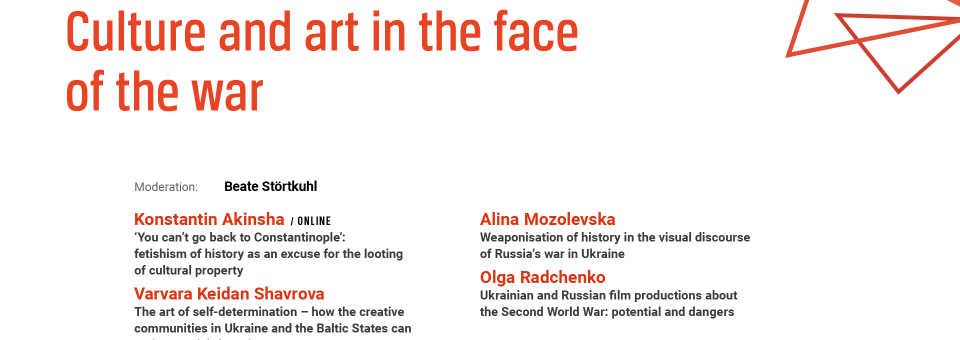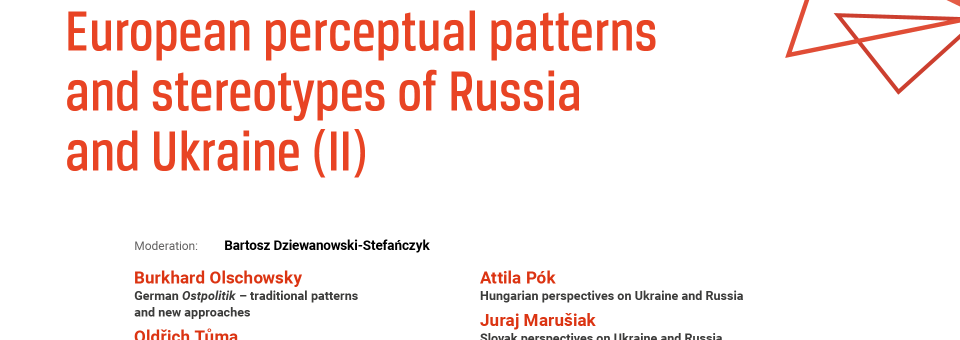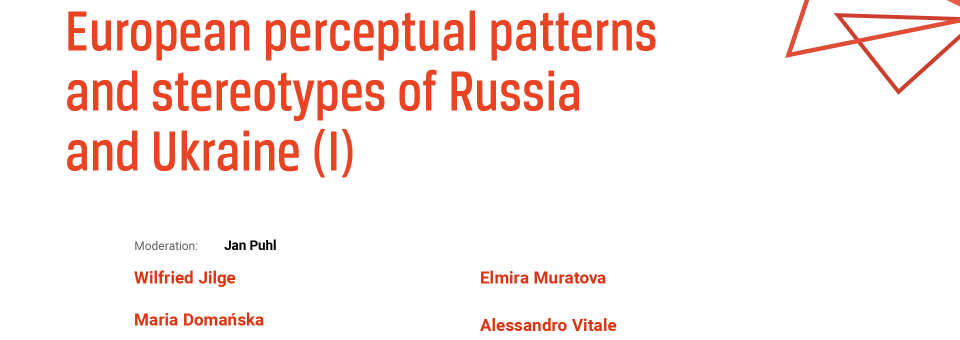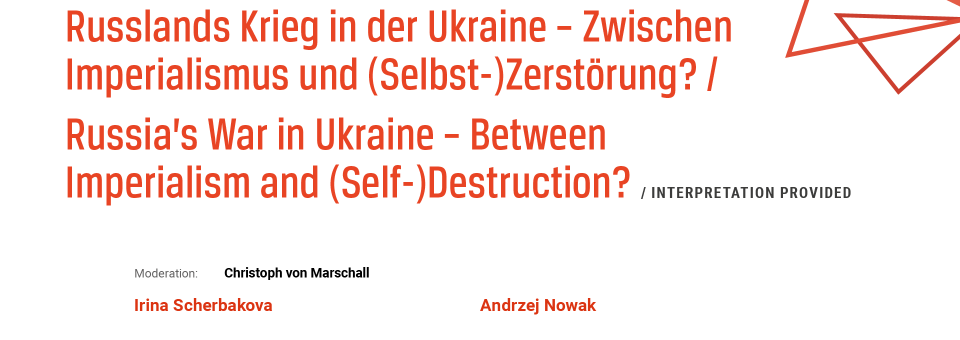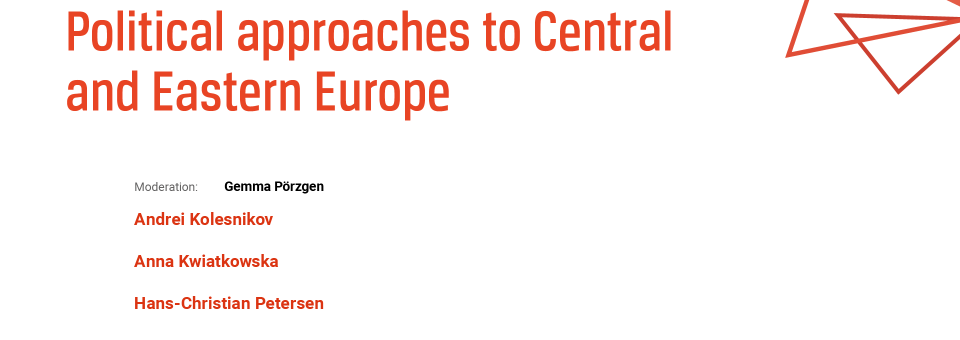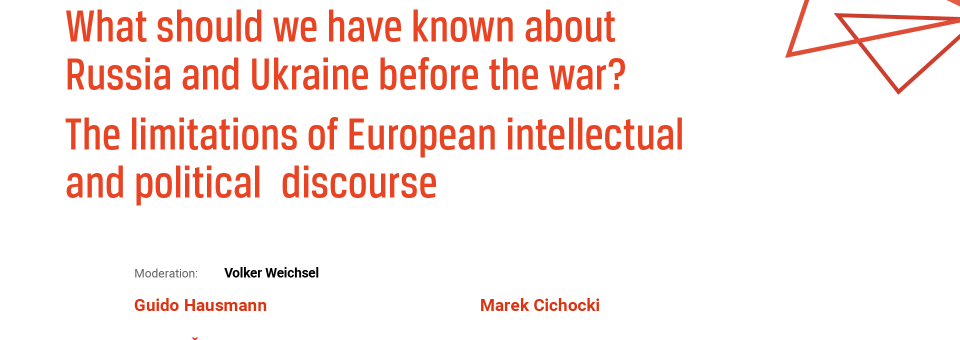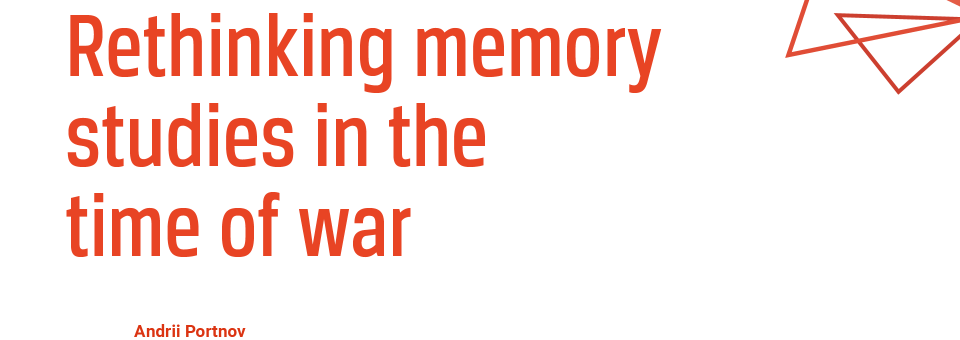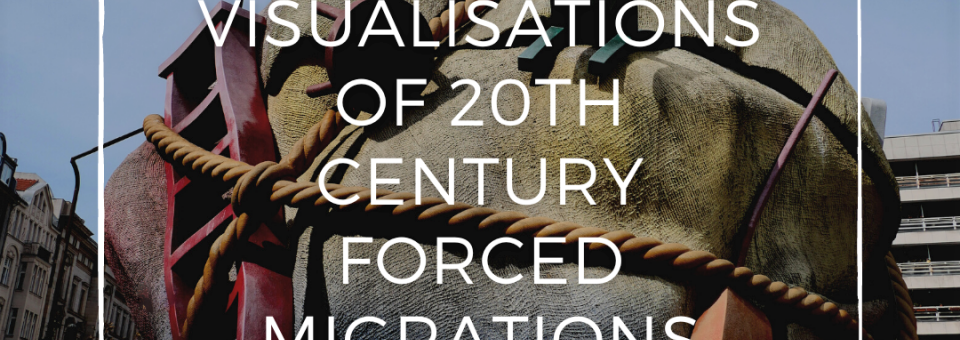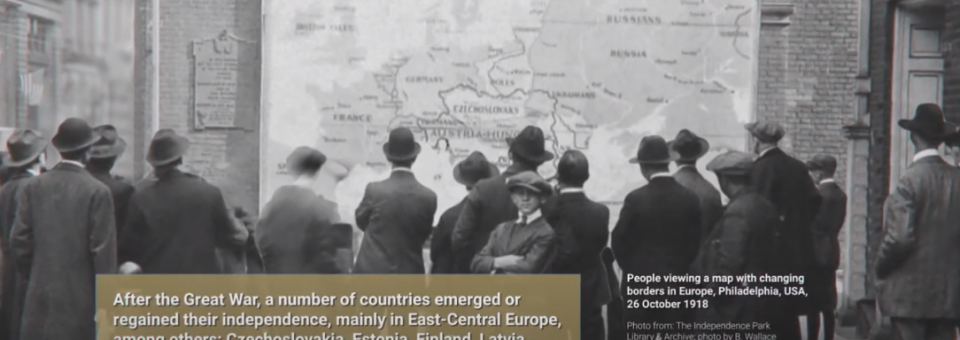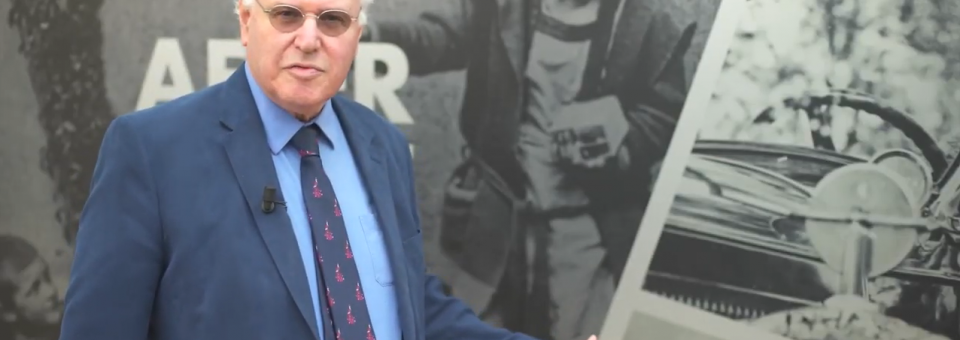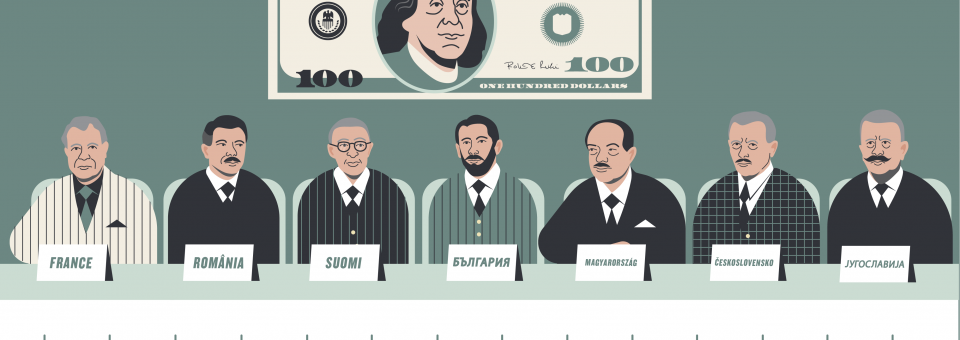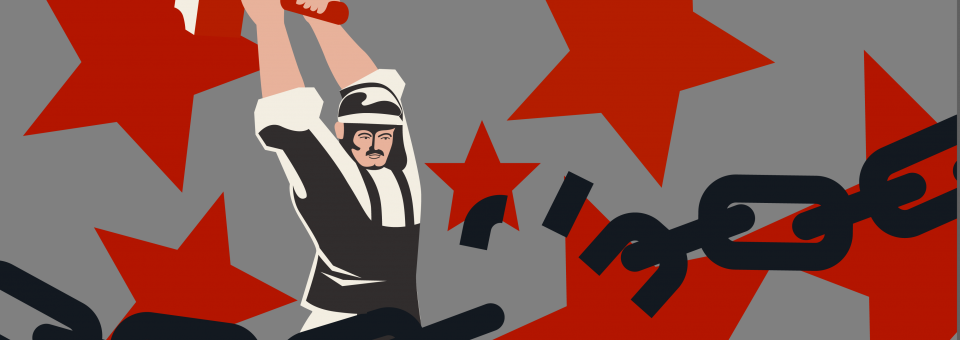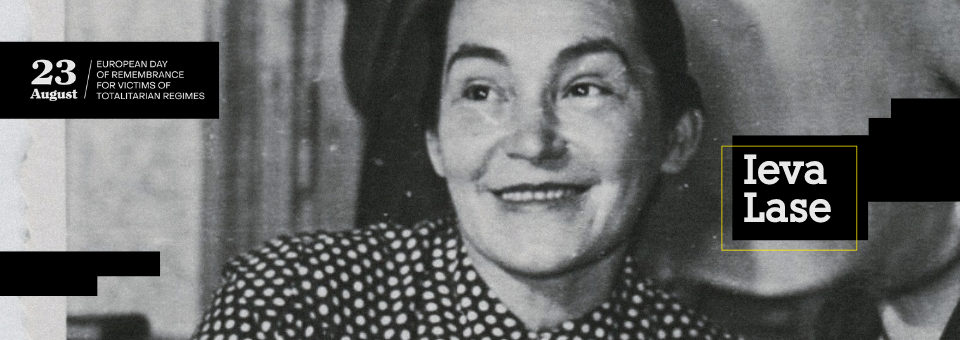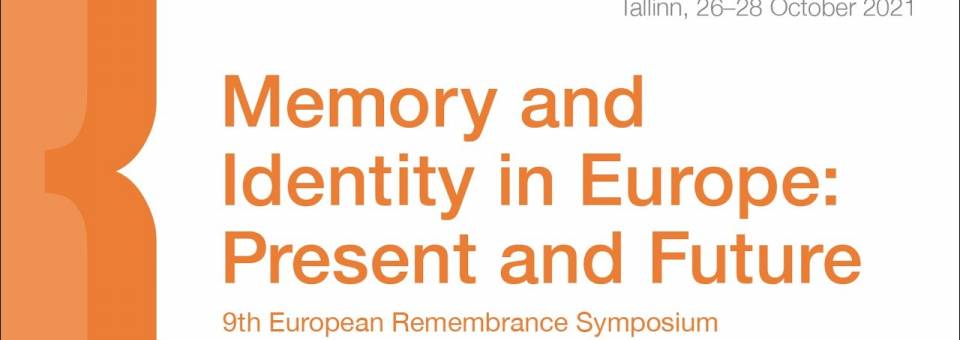Written by written by Prof. Wojciech Roszkowski, Prof. Andrzej Nowak, edited by Dr Nathan Marcus.
The video is available in 7 language versions (English, Czech, German, Hungarian, Polish, Romanian, and Slovak) free of charge, within the framework of Open Educational Resources.
The animation is a part of a bigger project called ‘Hi-story lessons. Teaching & learning about 20th-century European history’.
Creation of the animation would not be possible if not for the financial support of the Federal Government Commissioner for Culture and the Media (BKM), as well as contributions of the following partners: the Ministry of Culture and National Heritage, Poland; the Ministry of Human Capacities, Hungary; the Slovak Institute of National Remembrance; the European Association of History Educators EUROCLIO, the Netherlands; Post Bellum, Czech Republic; the Hungarian Academy of Sciences and the Mihálya Fazekasa Elementary and Junior High School, Hungary.
